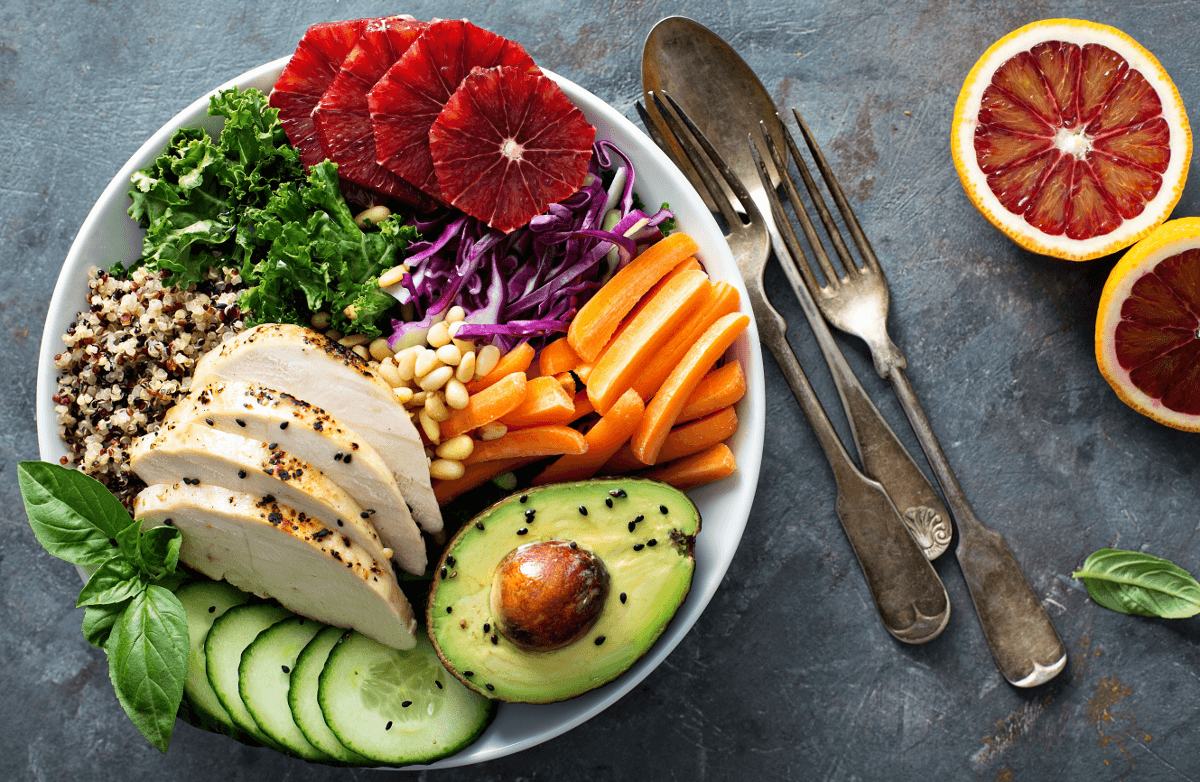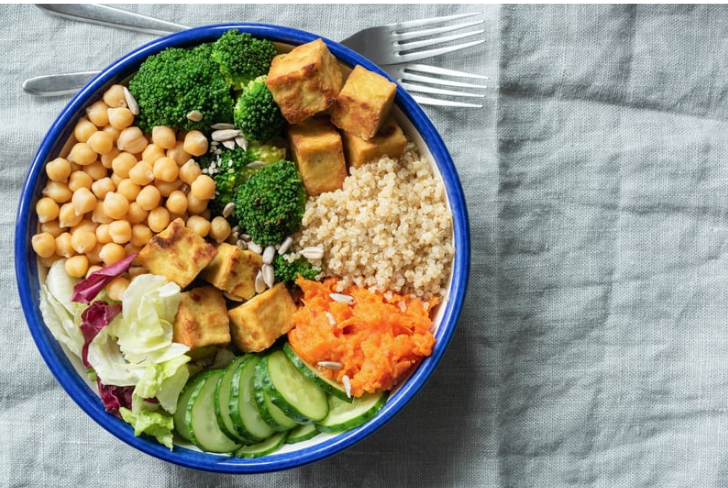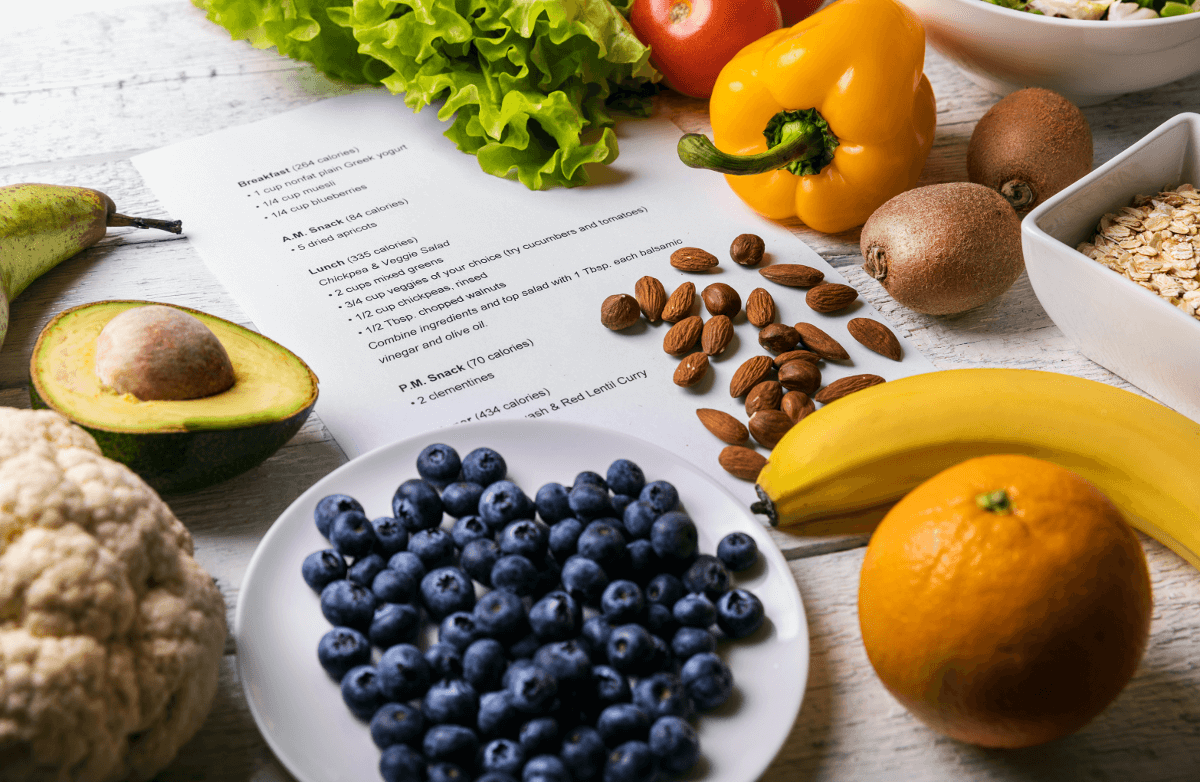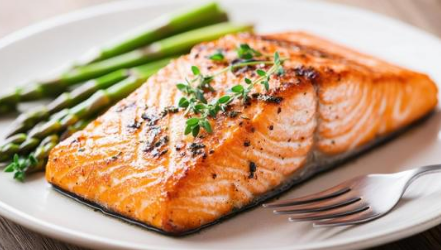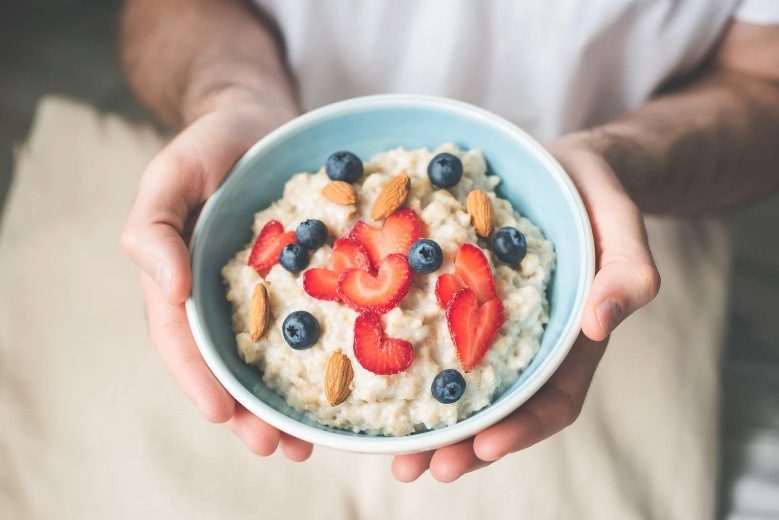Do you feel surrounded by sweets? Cookies, ice cream, candy, soda—the sugary temptations are everywhere. For people managing diabetes, watching calories, or trying to cut back on sugar, these foods can pose a challenge. Enter sugar-free options: products sweetened with sugar substitutes instead of traditional sugar.
Sugar substitutes go by many names—non-nutritive sweeteners, low-calorie sweeteners, artificial sweeteners, alternative sweeteners—but they all share common traits: they taste sweet, contain few to no calories, and have minimal impact on blood sugar.
Are Sugar Substitutes Safe?
Despite past concerns linking artificial sweeteners to headaches, behavioral changes, obesity, heart disease, or even cancer, research shows these claims are not supported by peer-reviewed, controlled studies. The National Cancer Institute reports no scientific evidence that FDA-approved sweeteners cause cancer, and the Academy of Nutrition and Dietetics confirms that adults can safely enjoy them as part of a balanced diet guided by federal nutrition recommendations.
Before approval, the FDA reviews studies on toxicity, cancer risk, neurotoxicity, and reproductive safety. Currently, seven non-nutritive sweeteners are approved in the U.S.:
Acesulfame-Potassium (Ace-K)
Aspartame
Luo Han Guo (Monk Fruit Extract)
Neotame
Saccharin
Stevia (Rebaudioside A)
Sucralose
Each sweetener has an Acceptable Daily Intake (ADI)—the safe amount a person can consume per kilogram of body weight every day over a lifetime. For example, a 150-pound adult would need to consume 20 cans of diet soda to reach the ADI for aspartame.
Artificial Sweeteners and Weight Management
Obesity is complex and multi-factorial. While sugar alone isn’t the culprit, research suggests replacing sugar with non-nutritive sweeteners may help reduce calorie intake and promote weight loss in overweight or obese individuals.
However, high intakes may influence appetite. Preliminary studies in animals suggest frequent exposure to intensely sweet foods—even artificial ones—can increase cravings for sweet foods. The Beverage Guidance Panel recommends limiting artificially sweetened beverages to 32 ounces per day and using them within a sensible weight-management plan that includes a balanced diet and regular exercise.
Artificial Sweeteners and Blood Sugar
Artificial sweeteners do not affect blood sugar levels, making them appropriate for people with diabetes. They can help manage calorie intake, but it’s important to consult a registered dietitian or certified diabetes educator for a personalized plan. Sugar-free doesn’t automatically mean safe for everyone, so medical guidance is key.
FDA-Approved Non-Nutritive Sweeteners
Acesulfame-Potassium (Ace-K)
200× sweeter than sugar, 0 calories, heat-stable, no glycemic response
ADI: 15 mg/kg body weight/day
Aspartame
160–220× sweeter than sugar, 4 cal/g (negligible in foods), not heat-stable
ADI: 50 mg/kg/day
Avoid if you have phenylketonuria (PKU)
Luo Han Guo (Monk Fruit Extract)
150–300× sweeter than sugar, 0 calories, heat-stable, no glycemic response
ADI: Not yet determined
Neotame
7,000–13,000× sweeter than sugar, 0 calories, heat-stable, no glycemic response
ADI: 18 mg/kg/day
Saccharin
200–700× sweeter than sugar, 0 calories, heat-stable, no glycemic response
ADI: 15 mg/kg/day
Stevia (Rebaudioside A)
250–300× sweeter than sugar, 0 calories, heat-stable, no glycemic response
ADI: 0–4 mg/kg/day
Sucralose
600× sweeter than sugar, 0 calories, heat-stable, no glycemic response
ADI: 5 mg/kg/day
Key Takeaways
Sugar substitutes can help satisfy a sweet tooth without the calories or blood sugar spikes. They can be useful for weight management, blood glucose control, and reducing dental risks.
But remember: portion control still matters. A diet soda or sugar-free cookie doesn’t automatically make a food “healthy.” Calories still add up, and these foods often provide little to no nutrition. Use sugar substitutes as one tool in a balanced, mindful eating plan.
______________________________________
References
Academy of Nutrition and Dietetics. Non-nutritive sweeteners. https://www.eatright.org/food/nutrition/dietary-guidelines-and-myplate/non-nutritive-sweeteners
Food and Drug Administration. Additional information about high-intensity sweeteners permitted for use in food in the United States. https://www.fda.gov/food/food-additives-petitions/additional-information-about-high-intensity-sweeteners-permitted-use-food-united-states
National Cancer Institute. Artificial sweeteners and cancer. https://www.cancer.gov/about-cancer/causes-prevention/risk/diet/artificial-sweeteners-fact-sheet
American Diabetes Association. Artificial sweeteners and sugar substitutes. https://www.diabetes.org/nutrition/healthy-food-choices-made-easy/artificial-sweeteners





